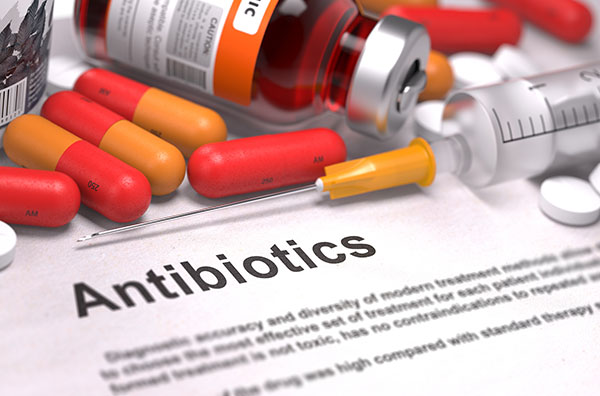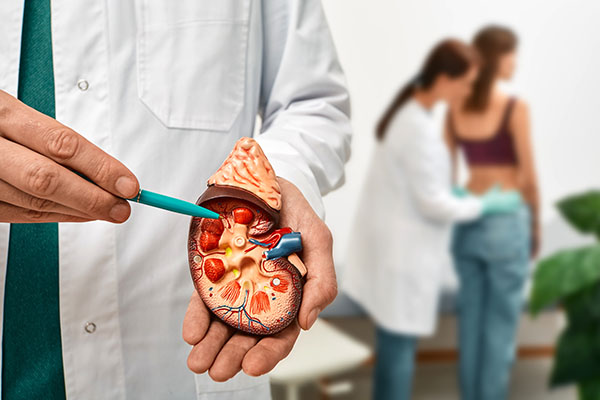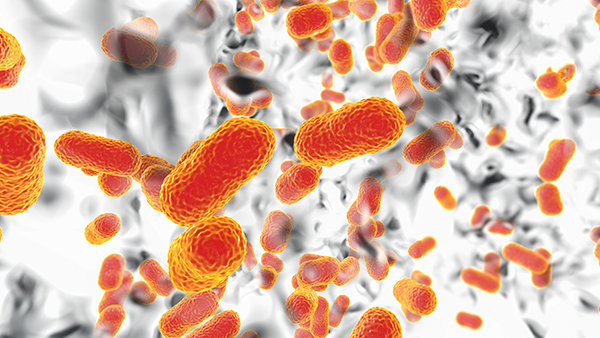
The World Health Organization warns that antimicrobial resistance (AMR) has the potential to be more deadly than cancer, with the ability to kill as many as 10 million people a year. In addition to costing the world economy upwards of $100 trillion annually, left unchecked, AMR threatens to reverse all the health gains and longer lifespans that antibiotics made possible in the 20th century.
As reported by the U.K.’s Independent, the latest superbugs to strike fear in the hearts of medical professionals are strains of sexually transmitted diseases (STDs) that have become resistant to all known antibiotic treatments. (Related: Superbugs galore: Four out of five Americans now prescribed antibiotics each year ... What could possibly go wrong?)
STDs on the increase
STDs are on the increase across the globe. The Centers for Disease Control and Prevention (CDC) warned late last year that close to 2.3 million new cases of gonorrhea, chlamydia and syphilis were diagnosed in the United States in 2017. This was the fourth consecutive year in which the number of diagnosed STDs rose dramatically.
Although chlamydia remained the most common STD overall, gonorrhea cases increased by a staggering 67 percent.
Interestingly, a health protection report published by Public Health England last year reflected a similar trend in the United Kingdom. The Independent reported:
Gonorrhoea diagnoses in England have risen to their highest level for 40 years and jumped 26 per cent since 2017, sparking warnings from health chiefs about the threat from drug resistant strains. …
The biggest increase was in gonorrhoea where there were 56,259 cases diagnosed, 14,000 more than in 2017. [ Emphasis added]
Gonorrhea – also known as “the clap” – is one of the most common STDs. It can cause a white, yellow or green inflammatory discharge from the penis or vagina, along with painful urination and, in some cases, painful, swollen testicles.
After the discovery of penicillin, this disease became little more than an inconvenience, but that gradually changed over the years.
Penicillin remained a reliable clap killer until 1976, when the mutating microbe finally gained the upper hand over that go-to antibiotic.
Over the following decades, gonorrhea quickly overpowered each new antibiotic that doctors threw at it.
In 2007, the afflicted could rely on only one class of drugs, called cephalo-sporins.
By 2012 … the CDC recommended switching from an oral form of cephalosporin to an injectable version that would pump higher concentrations into the patient’s bloodstream.
Now, gonorrhea has mutated to become resistant even to cephalosporin. Cases of super-gonorrhea have been reported in several countries, and experts like infectious disease specialist Dr. Peter Leone believe that gonorrhea will soon conquer the last few remaining drugs that still have some effect on it. (Related: Men who take Viagra have 200 percent increased risk of sexually transmitted disease.)
Why the increase?
Public Health England attributes the 249 percent increase in gonorrhea cases between 2009 and 2018 to “increases among gay, bisexual and other men who have sex with men (referred to collectively as ‘MSM’).”
In addition, a British YouGov survey revealed that about half (47 percent) of all youngsters between the ages of 16 and 24 admitted to having sex with total strangers without using a condom, while one in 10 said that they had never used a condom.
Clearly, promiscuity and lack of sexual safety precautions are causing the dramatic increase in the number of STD cases. With STD superbugs on the rise, this type of irresponsibility will likely have grave consequences in the future.
Learn more about the dangers of antimicrobial resistance at Superbugs.news.
Sources include:
Assets.Publishing.Service.gov.uk[PDF]
Please contact us for more information.























